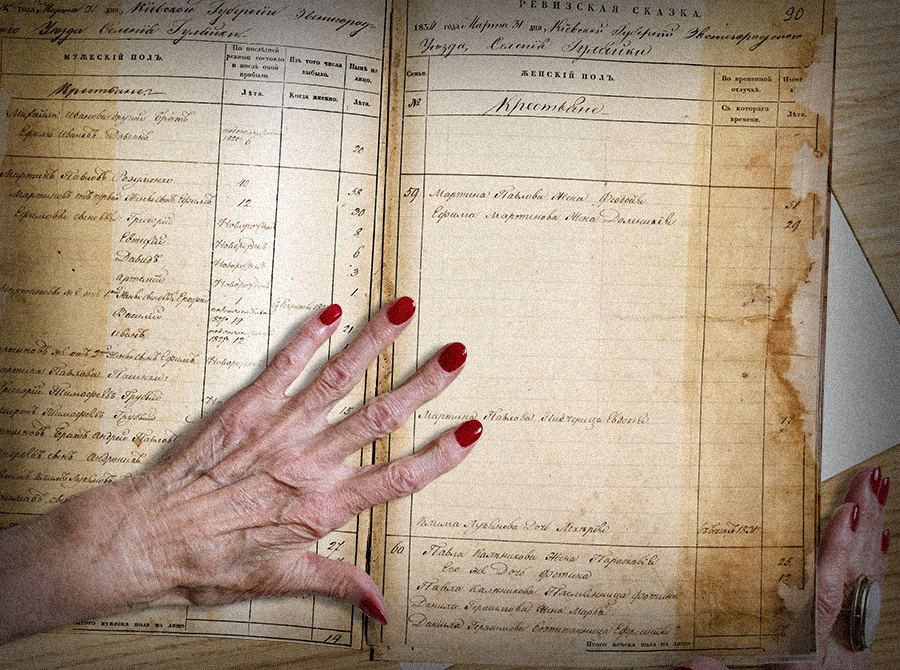Ukraine, a land with a rich and diverse history, has left a profound imprint on the genealogical records it holds. These records, not just steeped in history but also of immense significance, are a treasure trove waiting to be explored. How far back can you trace your family line, and what treasures of information do these primary sources hold?
Historical Context
Over the centuries, the territory of modern Ukraine was part of different states, influencing the genealogical sources that remain:
- The Polish-Lithuanian Commonwealth: Until the mid-17th century, Western and Central Ukraine were part of this state.
- The Ottoman Empire: Southern Ukraine was under Ottoman control from the 15th to the 18th century.
- The Austrian Empire (later Austria-Hungary): Zakarpattia, Bukovina, and Galicia (modern Western Ukraine) were under Austrian control from the late 18th century.
- The Russian Empire: Central, Eastern, and Southern Ukraine became part of the Russian Empire in the 18th century.
All these eras can, to some extent, be considered purely conditional since Ukraine was an active participant in historical events and not just a nominal or background player on the historical stage. For example, despite the absence of the word “Ukraine” in the country’s name, the Polish-Lithuanian Principality was founded, among others, by Ukrainian princes and kings, and the state language was Old Ukrainian for most of the time. In other eras, when aggressive empires seized the territory and the independence of Ukraine was called into question, neither the Ukrainian people nor their desire to have their state disappeared anywhere.
That is why the sources discussed below were often written not only in Ukrainian but also in German, Polish, Latin, Hungarian, Hebrew, Russian, or Czech.

How Far Back Can You Trace Your Roots?
The depth of genealogical research in Ukraine is a fascinating journey that depends on the region and the availability of sources. Here are a few key aspects that can lead you to the depths of your family history:
- Church Metric Books (18th-19th centuries)
- In most of Ukraine, the first metric books appeared in the late 17th century. These contain records of births, marriages, and deaths, serving as the primary source of information for genealogical research.
- In Western Ukraine (under Austrian-Hungarian influence), church metric books were often kept in Latin or Polish.
- Revision Lists (Poll Tax Censuses) (18th-19th centuries)
- In the Russian Empire, which included most of Ukraine, these censuses contained information about peasant families, their composition, social status, and property. They cover the period from the late 17th to the mid-19th century.
- Censuses (19th-20th centuries)
- The first census in the Russian Empire was conducted in 1897. It contains detailed information about family composition, social status, residence, and origin.
- Subsequent censuses in Austria and Poland (in territories under their control) also contain significant data.
- Noble Acts and Genealogical Registers
- If your family belonged to the nobility, you can find acts and registers dating back to the 16th century or earlier. For example, archives contain registers of Ukrainian nobility and Cossack records.
- Municipal Books and Court Archives
- In some cities, ancient municipal books contain records of property transactions, court cases, and other events involving residents.
The Oldest Sources
The oldest genealogical sources in Ukraine are chronicles, princely charters, and medieval acts. However, these documents cover a narrow circle of individuals, usually aristocrats or influential families.
Conclusion
Genealogical research in modern Ukraine can stretch back several centuries, especially if your family had noble or Cossack origins. Most research relies on church metric books, revision lists, and population censuses, allowing you to trace your lineage to the late 18th or early 19th century.
If you have questions about your Ukrainian roots or wish to start genealogical research, consult specialists who can help you uncover the secrets of your ancestry.




Comments are closed.